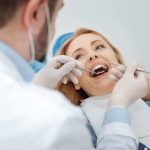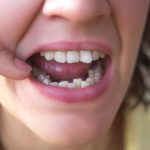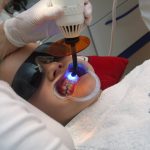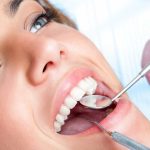When to Use Mouthwash After Wisdom Teeth Extraction: A Comprehensive Guide

Wisdom teeth extraction is a common dental procedure that involves removing the third molars at the back of the mouth. While the surgery itself is relatively quick, the recovery period can be more challenging. Patients are often advised to take special care of their mouths to promote healing and avoid complications such as infection. One of the questions that come up after wisdom teeth extraction is when to use mouthwash. This comprehensive guide will explore the benefits and risks of using mouthwash after wisdom teeth extraction and provide tips for incorporating it into your post-operative care routine. Mouthwash is a popular oral hygiene product that is designed to freshen breath, kill bacteria, and promote healthy gums. After wisdom teeth extraction, mouthwash can be a useful tool for cleaning the mouth and reducing the risk of infection. However, not all mouthwashes are created equal, and some may be too harsh for the sensitive tissues in the mouth. It’s essential to understand when and how to use mouthwash after wisdom teeth extraction to ensure that you’re getting the most benefit without causing further damage or irritation. With this guide, you’ll be able to make informed decisions about incorporating mouthwash into your post-operative care routine and taking steps towards a speedy recovery.
Wisdom teeth extraction is a dental procedure that involves the surgical removal of one or more wisdom teeth, which are the molars located at the back of the mouth. Wisdom teeth typically emerge in the late teenage years or early adulthood and can cause problems such as overcrowding, impaction, infection, and decay. Extraction is often recommended by dentists to prevent these issues and maintain oral health. The procedure is typically performed under local anesthesia and may involve cutting through the gum tissue and bone to remove the tooth. Recovery time can vary depending on the individual, but most patients experience swelling, pain, and discomfort for several days following the procedure.
Taking care of your oral hygiene after a wisdom teeth extraction is crucial to ensure a speedy and smooth recovery. The extraction site is prone to infection and irritation, which can cause pain and discomfort in the long run. Practicing good oral hygiene, such as brushing and flossing gently, can prevent the buildup of harmful bacteria that may cause infection. Additionally, using an antiseptic mouthwash as recommended by your dentist can help reduce the risk of infection and promote healing. Overall, maintaining good oral hygiene habits after a wisdom teeth extraction is essential for a healthy and comfortable recovery.
What is Mouthwash and How Does it Work?
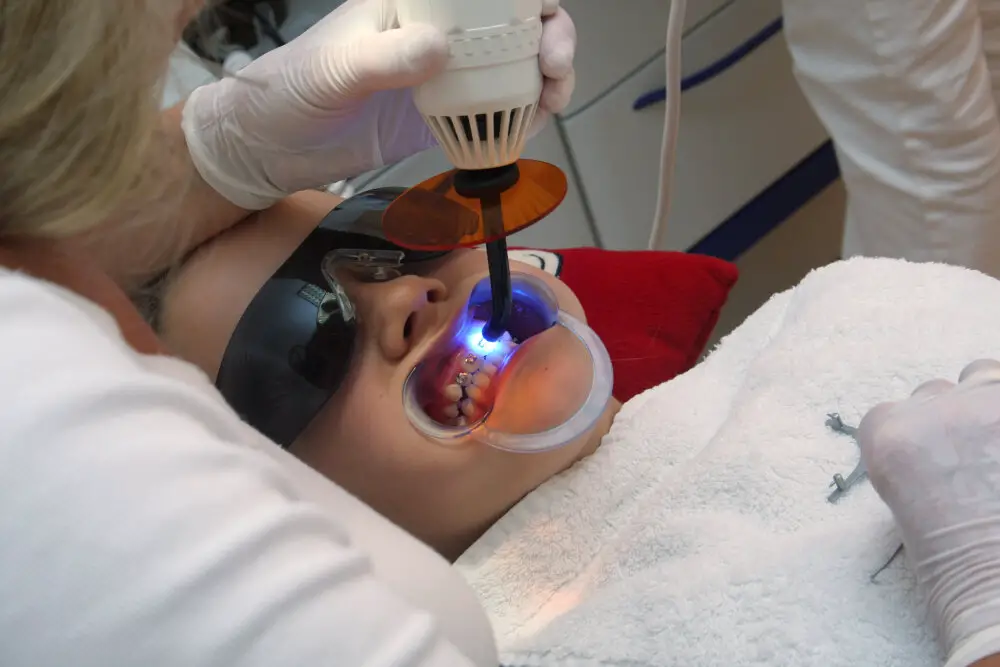
Mouthwash is an oral hygiene product that helps to clean and freshen your breath. It is a liquid solution that is used to rinse the mouth, and it is available in different types, including antiseptic, fluoride, and whitening mouthwash. Antiseptic mouthwash contains ingredients like alcohol and chlorhexidine, which kill bacteria and reduce plaque and gingivitis. Fluoride mouthwash contains fluoride, which helps to prevent tooth decay and strengthen teeth. Whitening mouthwash contains hydrogen peroxide, which helps to remove surface stains and brighten teeth. Mouthwash works by reaching areas of the mouth that are difficult to clean with a toothbrush and floss, and it can help to reduce bad breath, prevent cavities, and maintain healthy gums. When you use mouthwash, you should swish it around your mouth for 30 seconds to one minute and then spit it out. It is important to follow the instructions on the label, as some mouthwashes require dilution before use, while others should not be used by children or pregnant women. You should also avoid swallowing mouthwash, as it can cause stomach upset or intoxication. Mouthwash should be used as part of a daily oral hygiene routine, along with brushing and flossing, and it can be especially beneficial for people with braces, dental implants, or other dental appliances. However, mouthwash should not be used as a substitute for brushing and flossing, and it cannot remove all food particles and bacteria from the mouth.
Mouthwash is a liquid solution that is primarily used to freshen breath and kill bacteria in the mouth. It is typically composed of antiseptic agents, such as alcohol and chlorhexidine, which can help reduce the risk of infection and prevent the buildup of plaque and tartar. Mouthwash can also contain other ingredients like fluoride, which can help strengthen teeth and prevent tooth decay. There are a variety of different types of mouthwash available, including those that are specifically designed for sensitive teeth or to provide extra whitening. Mouthwash can be a useful addition to a daily oral hygiene routine, particularly for individuals who are at a higher risk of developing dental issues.
There are various types of mouthwash available in the market, each designed to serve a specific purpose. Some of the most common types of mouthwash include fluoride mouthwash, antiseptic mouthwash, and natural mouthwash. Fluoride mouthwash is particularly useful for strengthening the enamel and preventing tooth decay. Antiseptic mouthwash, on the other hand, is designed to kill bacteria and prevent infections in the mouth. Natural mouthwash, made with herbal ingredients, is a safer and more eco-friendly option that can help maintain oral hygiene. When choosing a mouthwash, it is important to consider your specific needs and preferences, as well as any allergies or sensitivities you may have.
Mouthwash is an antiseptic solution that helps to kill bacteria in the mouth. It contains active ingredients such as cetylpyridinium chloride, chlorhexidine, and hydrogen peroxide that work to disrupt the cell membranes of bacteria, causing them to break down and die. These ingredients also help to reduce inflammation and prevent plaque buildup, which can lead to gum disease and tooth decay. Mouthwash works by penetrating deep into the crevices of the mouth, reaching areas that may be missed during brushing and flossing. It is an effective way to remove bacteria and freshen breath, making it an ideal addition to your oral hygiene routine after wisdom teeth extraction. However, it is important to follow your dentist’s instructions on when and how to use mouthwash to ensure proper healing.
When Can I Start Using Mouthwash After Wisdom Teeth Extraction?
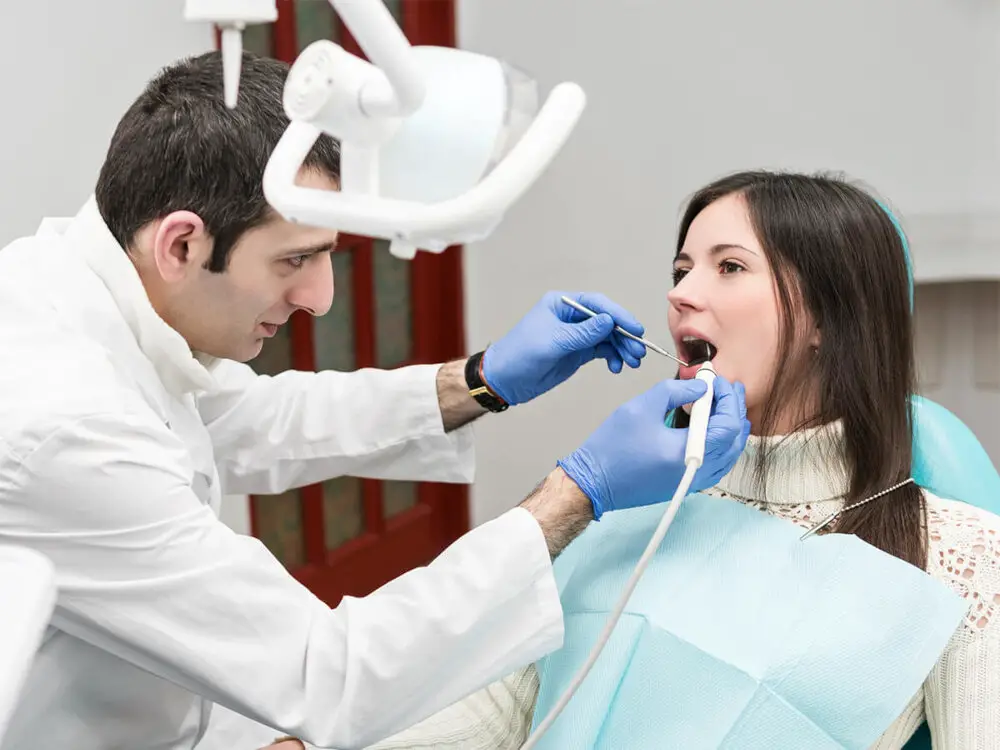
After wisdom teeth extraction, it is important to take care of your mouth to avoid any infections or complications. The use of mouthwash can be an effective way to keep your mouth clean and free of bacteria. However, it is important to wait for the right time to start using mouthwash after wisdom teeth extraction. Typically, it is recommended to wait at least 24 hours after the extraction before using mouthwash. This allows the blood clot to form and stabilize in the socket, which is important for proper healing. Using mouthwash too soon can disrupt the blood clot and lead to a painful condition called dry socket. When you are ready to start using mouthwash after wisdom teeth extraction, it is important to choose the right type of mouthwash. Avoid using mouthwash that contains alcohol, as it can be too harsh on the sensitive areas of your mouth. Instead, opt for a gentle, alcohol-free mouthwash that can help to soothe any discomfort and keep your mouth clean. You may also want to consider using a mouthwash that contains fluoride, as this can help to strengthen your teeth and prevent tooth decay. Be sure to follow the instructions on the mouthwash carefully, and rinse your mouth gently to avoid any irritation or discomfort. By taking these steps, you can ensure that you are using mouthwash safely and effectively after wisdom teeth extraction.
Waiting for the right time is crucial in many aspects of life, and it is particularly relevant when it comes to post-operative care, such as the use of mouthwash after wisdom teeth extraction. Rushing into things can lead to complications and setbacks, which can prolong the healing process and even cause further damage. It is essential to follow the dentist’s instructions and wait for the right time to start using mouthwash, as it can help reduce the risk of infections and promote faster healing. Patience is key when it comes to recovery, and waiting for the right time to use mouthwash is just one example of how taking the time to do things correctly can make a significant difference in the outcome.
There are several factors to consider when deciding when to start using mouthwash after wisdom teeth extraction. Firstly, it is important to wait until the blood clot has formed in the extraction site, which usually takes 24-48 hours. Using mouthwash too soon can disrupt the clot and delay the healing process. Secondly, it is important to choose a mouthwash that is gentle and alcohol-free to avoid irritation or dryness of the mouth. Finally, it is important to follow the instructions provided by the dentist or oral surgeon and to continue with any prescribed medication or pain relief to ensure proper healing. By taking these factors into account, patients can safely and effectively incorporate mouthwash into their post-extraction oral hygiene routine.
Dentists recommend waiting at least 24 hours after wisdom teeth extraction before using mouthwash. This is to avoid dislodging the blood clot that forms in the socket, which is crucial for proper healing and preventing dry socket. After the first 24 hours, a gentle, alcohol-free mouthwash can be used to help prevent infection and promote healing. However, it’s important to avoid swishing too vigorously or using a mouthwash that contains alcohol, as this can irritate the healing socket. Consult with your dentist or oral surgeon for specific recommendations on when to start using mouthwash after wisdom teeth extraction.
How to Use Mouthwash After Wisdom Teeth Extraction
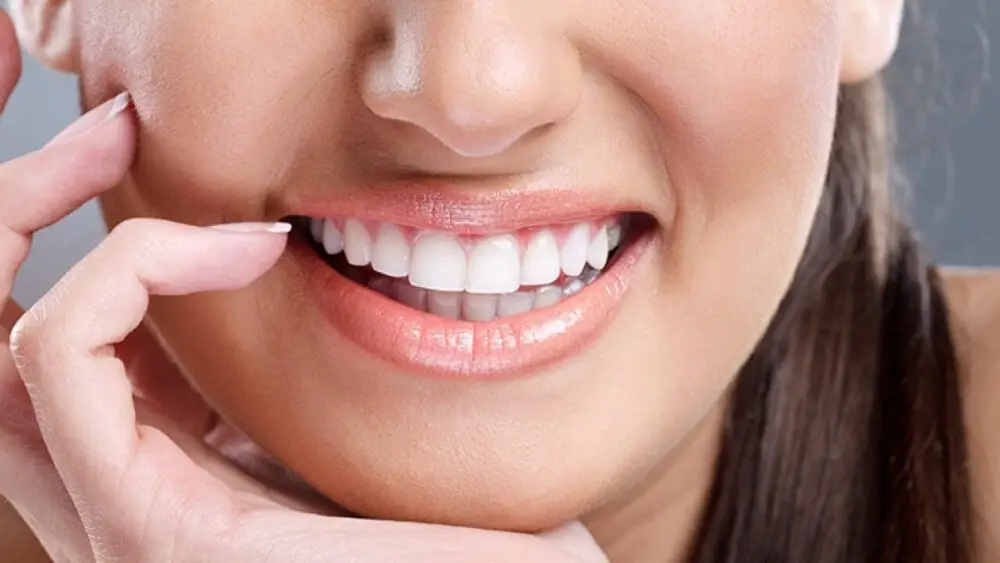
After wisdom teeth extraction, it is important to take proper care of your oral health to prevent infection and promote healing. One way to do this is by using mouthwash. However, it is crucial to know when and how to use mouthwash after wisdom teeth extraction. Firstly, it is recommended to wait at least 24 hours after the extraction before using mouthwash. This allows the blood clot to form properly and prevents it from being dislodged by the mouthwash. Once the first 24 hours have passed, you can start using a saltwater rinse to gently clean your mouth. After a few days, you can switch to a mild, alcohol-free mouthwash that is specifically designed for post-extraction use. It is important to follow the directions on the mouthwash bottle and to avoid swishing too vigorously or spitting forcefully, as this can also dislodge the blood clot. By using mouthwash properly, you can help prevent infection and promote healing after wisdom teeth extraction.
Using mouthwash after wisdom teeth extraction can help reduce the risk of infection and promote healing. Here’s a step-by-step guide on how to use mouthwash properly after the procedure. First, wait at least 24 hours after the extraction before using mouthwash. Second, choose an alcohol-free mouthwash to avoid irritation or dryness. Third, mix the mouthwash with equal parts warm water to dilute it and make it gentler on the healing tissues. Fourth, swish the mixture gently in your mouth for 30 seconds, making sure to reach all areas of your mouth. Finally, spit out the mouthwash and avoid rinsing or gargling forcefully to prevent dislodging the blood clot. Repeat this process two to three times a day for the first week after the extraction for optimal results.
Using mouthwash can be an effective way to maintain oral hygiene and freshen breath, but it’s important to use it correctly. To use mouthwash effectively, first, choose the right type for your needs, such as one that targets plaque or gum disease. Next, pour a small amount into the cap and swish it around your mouth for 30-60 seconds, making sure to reach all areas including the front, back, and sides of your teeth and gums. Spit the mouthwash out and avoid rinsing your mouth with water afterward to ensure its active ingredients have time to work. It’s also important to use mouthwash at the right time, such as after brushing and flossing, and not immediately after wisdom teeth extraction to avoid irritating the surgical site. By following these tips, you can effectively use mouthwash as part of your daily oral hygiene routine.
After wisdom teeth extraction, using mouthwash can be an effective way to keep your mouth clean and prevent infections. However, it is important to take precautions to avoid any potential complications. Firstly, avoid using mouthwash for the first 24 hours after the procedure, as it may interfere with the formation of blood clots necessary for healing. Secondly, choose a gentle mouthwash that does not contain alcohol or any harsh chemicals, as these can irritate the sensitive gum tissue and delay the healing process. Finally, be gentle when swishing the mouthwash in your mouth and avoid spitting forcefully, as this can also disrupt the blood clot formation and cause bleeding. By following these precautions, you can safely use mouthwash to maintain good oral hygiene and promote a speedy recovery after wisdom teeth extraction.
Benefits of Using Mouthwash After Wisdom Teeth Extraction
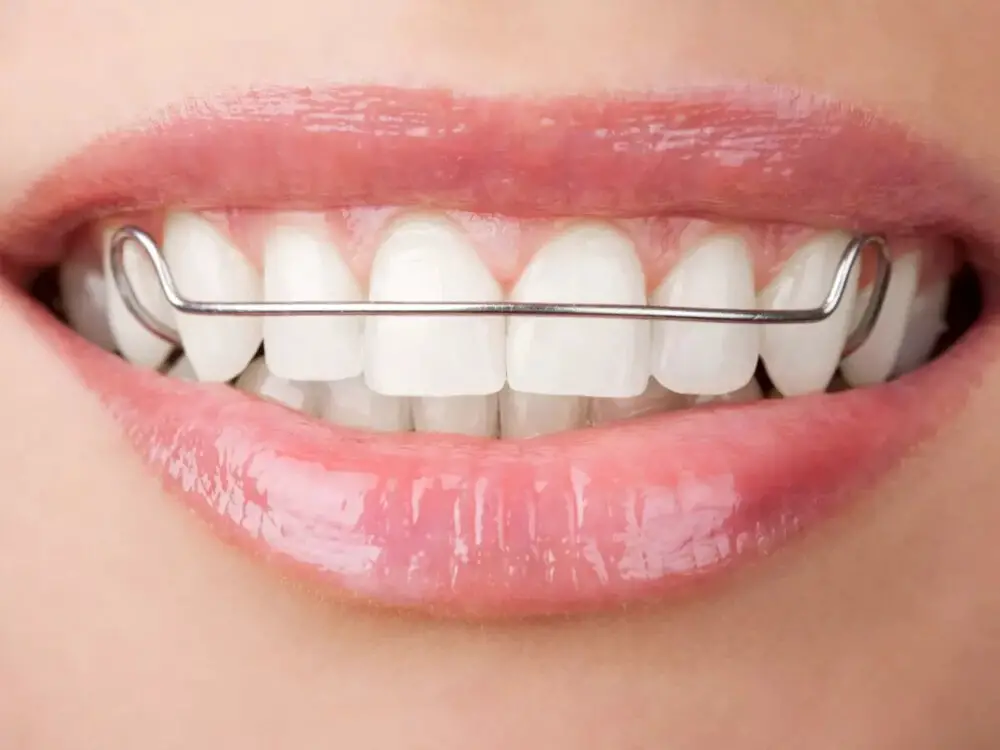
After undergoing wisdom teeth extraction, it is common to experience discomfort and swelling in the mouth. Mouthwash can be a beneficial addition to your oral hygiene routine after this procedure. Mouthwash can help reduce the risk of infection, alleviate discomfort, and promote faster healing. It can also help eliminate bad breath and promote fresh breath, which can be a welcome relief after the procedure. Furthermore, using mouthwash can help prevent the buildup of plaque and bacteria in the mouth, which can lead to other dental issues in the future. However, it is important to wait at least 24 hours after the procedure before using mouthwash to avoid irritating the surgical site. Choosing the right mouthwash is also crucial after wisdom teeth extraction. The mouthwash should be alcohol-free and gentle on the gums to avoid any further irritation. Saltwater rinse is also an excellent option for those who prefer a natural and cost-effective solution. However, it is important to follow the dentist’s instructions carefully and avoid rinsing too vigorously or too frequently, which can cause further discomfort. Overall, using mouthwash after wisdom teeth extraction can provide significant benefits for oral hygiene and promote a faster, more comfortable healing process. It is important to consult with your dentist before using any mouthwash after surgery and follow their recommendations closely.
Using mouthwash after wisdom teeth extraction can be highly beneficial as it helps to reduce the risk of infection and inflammation in the mouth. Mouthwash can also help to reduce the amount of bacteria that may linger in the mouth after the procedure. It can also help to control bad breath and promote faster healing of the gums. Additionally, using mouthwash can help to alleviate pain and discomfort associated with the extraction process. It is recommended to choose a mouthwash that is alcohol-free and contains natural ingredients such as tea tree oil or aloe vera, as these ingredients can provide additional benefits for oral health. Overall, using mouthwash after wisdom teeth extraction can help to ensure a healthy and speedy recovery.
Preventing infections and complications after wisdom teeth extraction is crucial for a successful recovery. Patients can achieve this by following their dentist’s post-operative instructions, which typically include avoiding smoking and using a straw, eating soft foods, and rinsing their mouth with warm salt water. Additionally, patients may want to consider using a mouthwash recommended by their dentist to further reduce the risk of infection. However, it is important to wait until the appropriate time to use mouthwash, as using it too soon after surgery can cause irritation and delay the healing process. Ultimately, maintaining good oral hygiene practices and following post-operative instructions can help patients avoid infections and complications after wisdom teeth extraction.
Mouthwash can be a valuable addition to the post-operative care routine after wisdom teeth extraction. It has been found to aid in the healing process by reducing the number of bacteria in the oral cavity, which can help prevent infection. Additionally, the antiseptic properties of mouthwash can help to reduce inflammation and promote faster healing of the surgical site. It is important to note, however, that not all mouthwashes are created equal and some may contain alcohol or other potentially irritating ingredients that can delay healing. Therefore, it is recommended to consult with a dental professional to determine which mouthwash is best for your individual needs.
Proper oral hygiene is crucial after wisdom teeth extraction to prevent complications and promote healing. After the surgery, blood clots form at the site of extraction, and any disruption to these clots can lead to a painful condition called dry socket. Therefore, it is essential to avoid rinsing, spitting, or touching the extraction area for at least 24 hours after the procedure. After that, gentle rinsing with saltwater or a prescribed mouthwash can help remove food particles and bacteria from the mouth. Maintaining good oral hygiene practices, such as brushing twice a day, flossing, and avoiding hard or chewy foods, can help prevent infection, reduce swelling, and promote faster healing.
In conclusion, the use of mouthwash after wisdom teeth extraction can be beneficial for reducing the risk of infection and promoting healing. However, it is important to follow the recommended guidelines for when and how to use mouthwash to avoid any potential adverse effects. It is best to wait at least 24 hours after the procedure before using mouthwash, and to choose an alcohol-free option to prevent irritation. Additionally, it is important to avoid rinsing too vigorously and to stick to the recommended frequency and duration of use. By following these guidelines, patients can safely incorporate mouthwash into their post-operative care routine and promote optimal healing after wisdom teeth extraction.
Conclusion
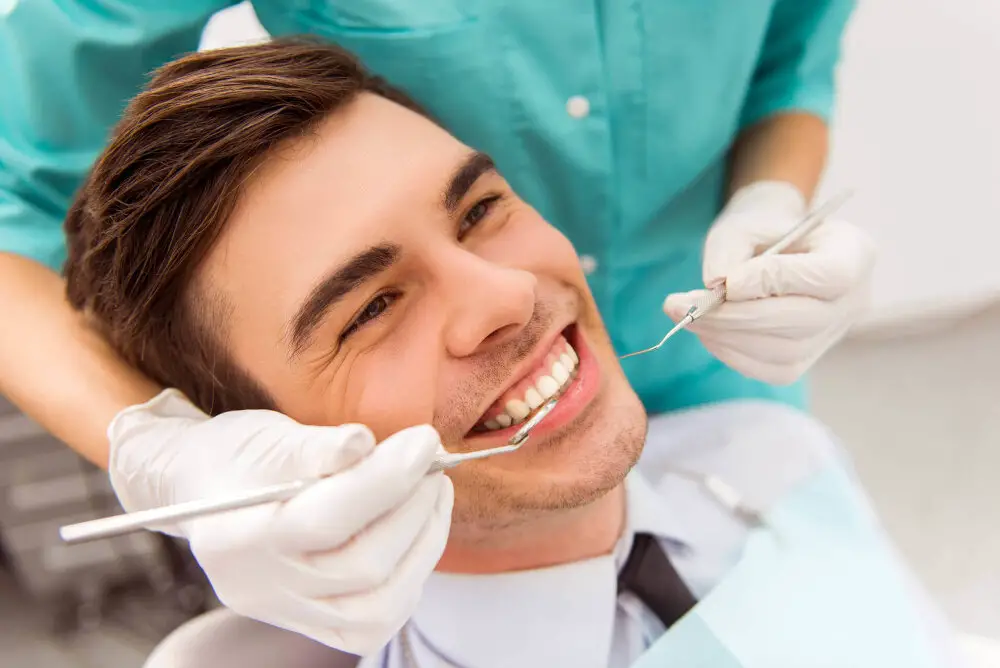
In conclusion, using mouthwash after wisdom teeth extraction can be a helpful addition to your oral hygiene routine, but it’s crucial to follow your dentist’s instructions and wait until the appropriate time to begin using it. It’s essential to keep your mouth clean and free of harmful bacteria to promote healing and prevent infections. However, using mouthwash too soon after extraction can irritate the area and delay the healing process. Therefore, it’s important to be patient and follow your dentist’s advice to ensure a smooth and speedy recovery. Overall, by taking proper care of your mouth after wisdom teeth extraction, you can minimize discomfort and promote optimal healing.

